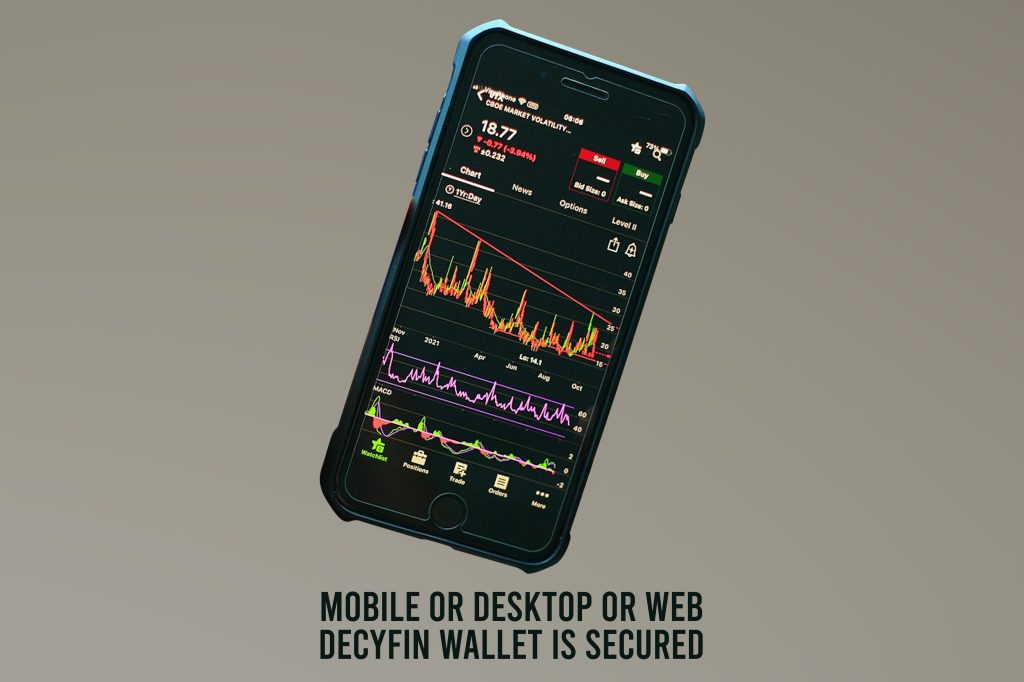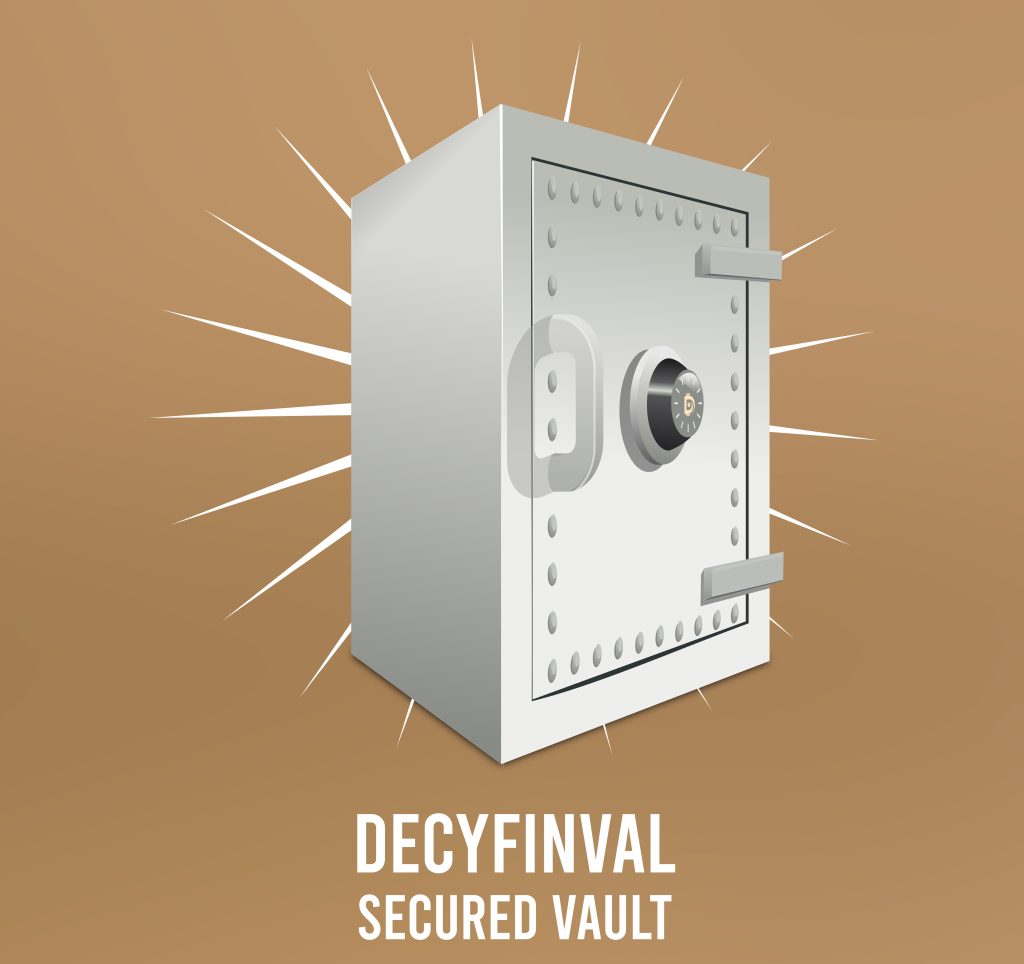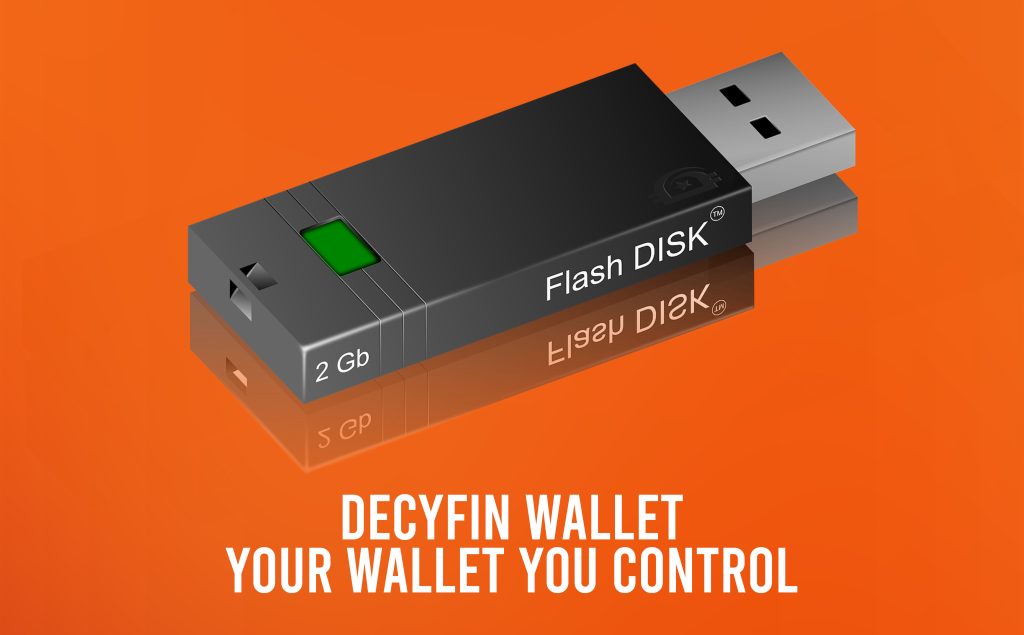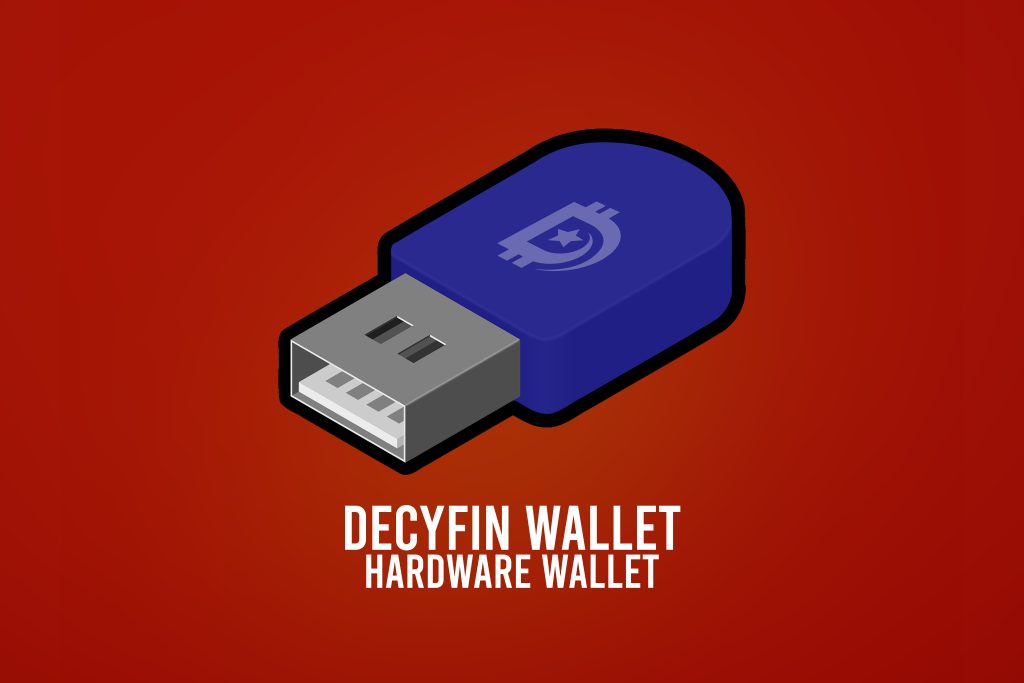The Ultimate Guide to Crypto Wallets
In an era where digital bytes carry more value than gold and blockchain promises are more binding than traditional contracts, having the right tools to interact with this virtual world becomes indispensable. Your first step? Securing a robust crypto wallet, the unsung hero that bridges our world with the digital vastness of cryptocurrencies. So, if you are still a little unsure of what a crypto wallet is and why it’s important, keep reading!
What is a Crypto Wallet?
Much like your leather-bound wallet holds cash, a crypto wallet safely keeps digital keys. These are not just ordinary keys; they are cryptographic keys granting access to your cryptocurrencies on the blockchain. Essentially, they act as your digital ID, proving your ownership and allowing transactions. It is comparable to having a high-tech bank account but for digital coins and tokens.
Hot Wallet vs. Cold Wallet
Diving into the crypto realm requires discerning the distinct types of wallets. Here, we face a divide: hot and cold wallets. So, what sets them apart?

Hot Wallet
This is your on-the-go digital pouch. Connected to the internet, it provides seamless access to your assets, making transactions swift and straightforward. Platforms, particularly blockchain wallet services, predominantly offer these. However, while they excel in convenience, hot wallets do have an Achilles’ heel: their internet connection makes them susceptible to cyber threats.
Cold Wallet or Hardware Wallet
Think of this as your digital safe. Shielded from the online world, it offers a sanctuary for your cryptocurrencies. Storing vast amounts of crypto? The cold wallet, often embodied as hardware devices like the acclaimed crypto hardware wallet, becomes your best bet. Its offline nature minimizes risks, ensuring your assets stay under tight lock and key.
Blockchain Wallets: The Digital Vaults

While we have explored the dimensions of hot and cold wallets, a crucial element deserving special mention is the blockchain wallet. What sets it apart?
A blockchain wallet is a software application that allows crypto users to store, retrieve, and manage their digital assets on the blockchain. Think of it as an interface to the very heart of the crypto universe. They can be hot (online) or cold (offline), but their underlying principle remains the same: facilitating user interaction with their assets on the blockchain.
These wallets generate private and public keys, ensuring a seamless yet secure experience. Moreover, every transaction you initiate or approve happens through these wallets, making them indispensable tools for the crypto enthusiast.
What is a Wallet Ledger?
The term ‘ledger’ might evoke images of old, dusty accounting books. Yet, in the crypto universe, it has a refreshed significance.
Crypto Ledger
This is the grand journal of all crypto happenings. Every time you buy a coffee with Bitcoin or trade Ethereum for another altcoin, this ledger takes note. It meticulously logs each transaction for a particular cryptocurrency, promoting transparency and trust in the system.
Fiat Ledger
Our world still revolves around traditional currencies – dollars, pounds, and yens. And for these, we have the fiat ledger, which chronicles transactions in these conventional currencies. It acts as a testament to the ongoing dance between the old world of finance and its burgeoning digital counterpart.

Interconnecting Wallets
The digital currency realm is not just about isolated islands of wealth; it is a vast, interconnected network. Sharing your crypto wallet address becomes a bridge to this network. It is how you welcome payments, cherish gifts, or facilitate various transfers within the crypto community.
However, a word to the wise: accuracy is crucial. Tools like the crypto wallet address checker become your eagle-eyed guardians, ensuring the address you share is flawless, protecting your assets from straying.
The Rise of the Hardware Wallet
Venturing deeper into cryptocurrency’s intricate maze, the concept of a hardware wallet emerges as a beacon of security. It is more than a simple USB; it is a fortress specifically designed to safeguard your digital treasures. Standing tall as a classic example of a cold wallet, its prowess surpasses many of its digital counterparts.

The essence of its brilliance lies in its modus operandi. These wallets hold onto your private keys – think of them as the most secretive, uncrackable passwords – in a realm untouched by the internet’s uncertainties. When the need to transact arises, you merely bridge your hardware wallet with an online device, authorize, and then swiftly retreat, ensuring your keys remain securely offline.
What is in an Account?
Peeling back the layers of your crypto wallet reveals its heartbeat: the crypto wallet account. This interface is your command center, presenting a holistic view of your digital financial health. From checking balances and reviewing transaction histories to executing transfers, it is all there. To put it simply, think of it as your bank’s online portal but calibrated for the electric world of cryptocurrencies.
Introducing the Crypto Wallet Card
As cryptocurrencies surge in prominence, innovation has not been far behind. The latest feather in the cap? The crypto wallet card. Merging the familiarity of traditional cards with the power of digital currencies, these cards form a bridge to everyday life.
Linked to your crypto wallet, they possess the magic to instantly transmute digital assets to fiat currency. So, the next time you are at a café or shopping online, this card ensures your crypto assets are as spendable as the dollars or euros tucked in your physical wallet.
Evolving Trends in the Crypto Wallet Landscape
As we stand at the threshold of a crypto revolution, the wallet landscape continues to evolve. From multi-signature wallets that require multiple keys for a transaction, ensuring an added layer of security, to mobile-centric wallets catering to the on-the-go generation – innovation remains relentless.
Furthermore, user experience is now a cornerstone. With increased adoption, ensuring wallets are user-friendly while not compromising on security is the challenge and goal for developers. As we move forward, anticipate smarter, faster, and even more intuitive wallet solutions to emerge.
Closing Thoughts
As we traverse this digital epoch, the significance of understanding and effectively managing your crypto assets cannot be understated. Your choice of a hot wallet for its accessibility, a cold wallet for its robust security, or the innovative crypto card for on-the-go transactions should be underpinned by an unwavering commitment to safety.
Ultimately, cryptocurrencies are not merely a trend; they are reshaping the very fabric of our financial future. By equipping yourself with trustworthy tools, especially a dependable crypto wallet, you are not just adapting; you are pioneering in this exhilarating journey.
And while enthusiasm is admirable, prudence is essential. Before making any financial decisions, invest time in research and consider consulting experts in the domain. Here is to a prosperous and secure crypto adventure!
